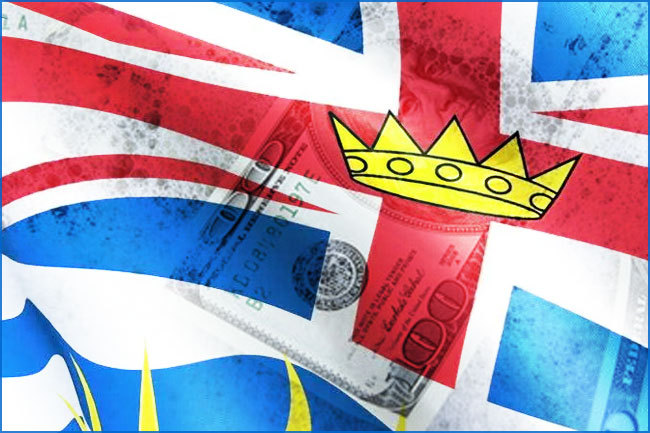Several senior executives of the British Columbia Lottery Corporation have given their testimonies in last week’s inquiry of the Cullen Commission’s investigation into money laundering on B.C. casino’s territory. The investigation is underway and the commission is drilling down to find out any additional information as possible, after the Crown corporation deliberate or non-deliberate inaction on the matter.

Over the course of the public hearing, counsel Alisson Latimer and Patrick McGowan, have questioned both former and now-employed operatives of the Crown corporation in order to determine what was the cause of the company’s stalling in the fight with the occurring criminal activities in the province. After testimonies and videos evidence of duffel bags of cash being accepted by casino personal.
Questioning

As we learned from last week testimonies of current CEO of BCLC, Jim Lightbody, who testified even after being on medical leave, the corporation did not want to implement the proposed source-of-income directive because certain clients preferred to keep their identity as a secret and the other reasoning behind that was cultural concerns from high-profile rollers.
The inquiry hears that B.C. casinos had no trouble of accepting huge cash amount transactions even if they came in duffel bags consisting of 20-dollar bills. The suspicious cash was rumored to have originated from Vancouver’s deadly drug trade or from organized Chinese crime groups. Then there comes the all parties involved inability or misunderstanding to tackle the problem, with several BCLC and Gaming Policy and Enforcement Branch executives failing to find a common ground due to alleged miscommunications.
The BCLC even considered a valid reason for accepting a large amount of cash if the person was famous and wealthy. For example, the crown corporation’s investigator Mike Hiller told at the inquiry about a CA$460,000 commission in 20-dollar bills in River Rock Casino and Resort, but the surveillance manager told him that it was a regular wealthy client.
Not the Casino’s Responsibility?
According to Mr. Lightbody’s statement, the casino could not prove that the source of cash originates from criminal activities and that is why it could not decline the transaction. He also remarked that notorious loan shark Silver International associate Paul King Jin was banned from the casino’s premises, but he continued to provide cash to players according to Branche’s reports.
Terry Towns who was head of compliance and security until 2012, was also questioned in the inquiry. According to his statements, many businesses could explain the source of money and it was not up to the casino’s officials to judge their gamblers. Mr. Towns have also gone on a great length to deny occurring money laundering schemes – if the gamblers were losing. In 2013, Mr. Town was replaced with Brad Desmarais.
Gambling’s Image
Another piece of information that has come to the public thanks to the Cullen Commission’s investigation is that back in September 2015, BCLC’s senior operatives were worried about the image of the industry. With former CEO of Great Canadian Gaming Rod Baker and Michael Graydon of Vancouver Edgewater Casinos, were one of the firsts to raise the issue of the industry being harmed over the reports of investigating money-laundering activities.
Not Enough Communication
Last week’s episode of Cullen Commission’s inquiry heard about how BCLC staff did not warn the provincial gaming minister in time of the fact that the corporation was aware of the undergoing issue of washing money on casino’s premises. Former board chair Bud Smith was accused of not informing Gaming Minister Mike de Jong, of the problem, however, Mr., Smith denied such allegations and stated that both of them had med in public to discuss the anti-money laundering directions. Unfortunately, the former board chair did not provide any proof of such meeting.
Source: Wood, Graeme, “B.C. casinos rarely turned down suspicious transactions, officials say”, Pique, February 6, 2021



















